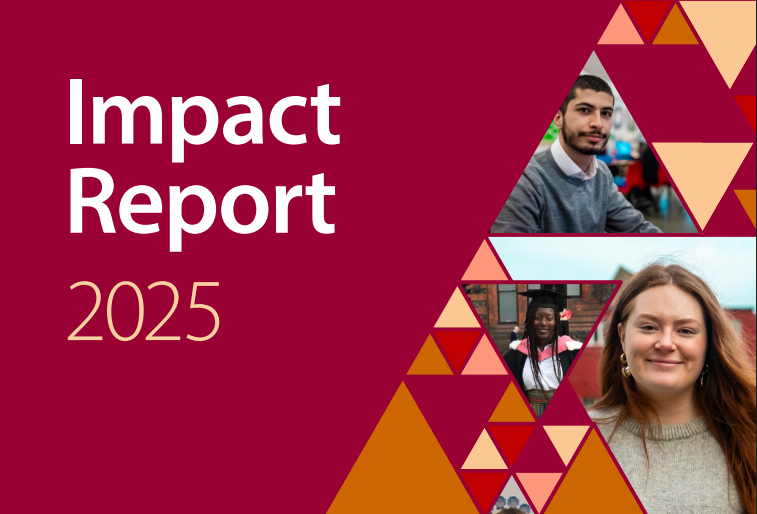
Impact Report 2025
Our 2025 Impact Report examines the continued challenges facing young people today, alongside our latest progression data and evidence of the impact our programmes have on student attainment.
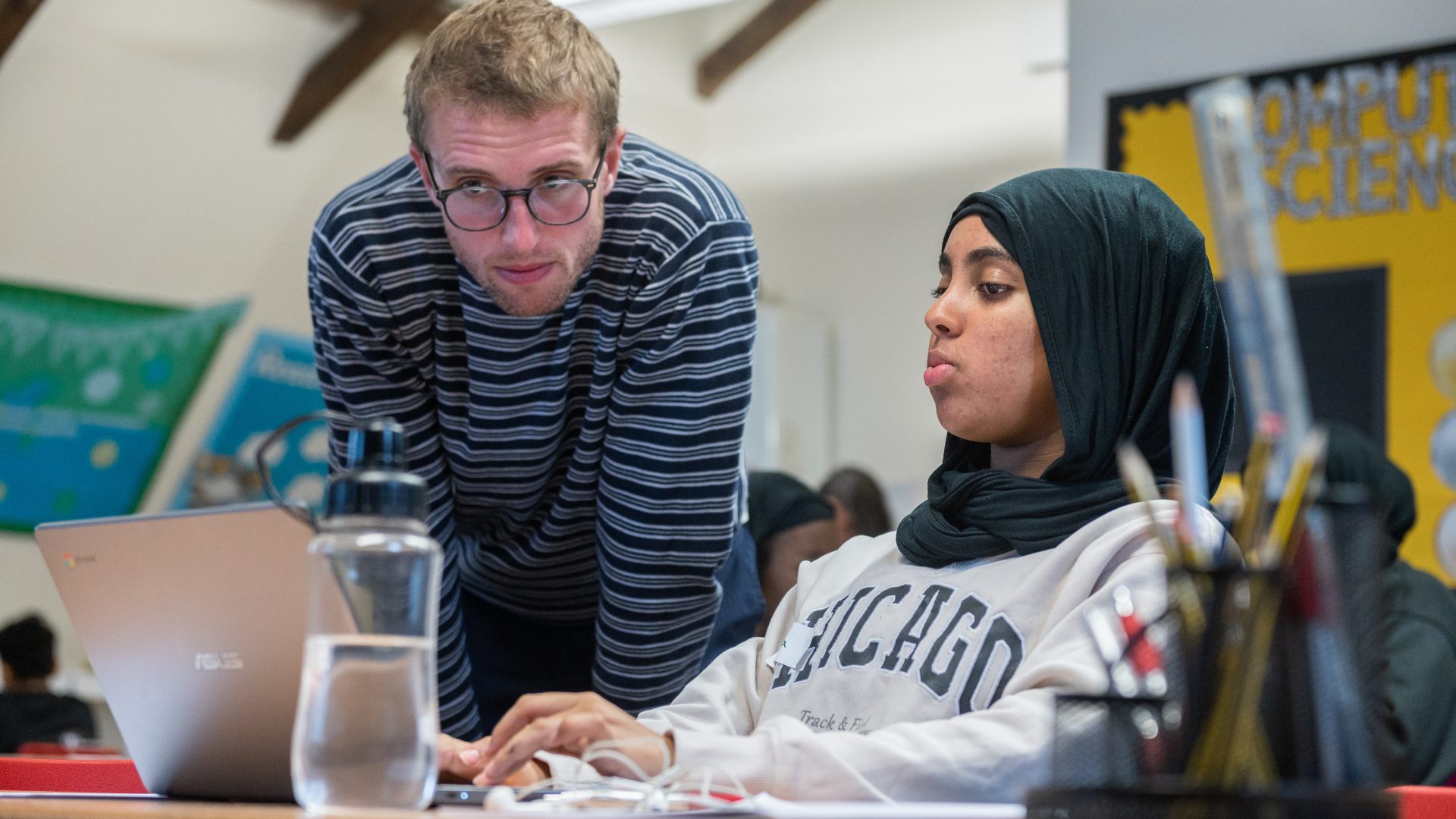
We conduct research, both in-house and outsourced, into the impact of our programmes.
Deep dive studies into the impact of our support have repeatedly demonstrated the positive impact of our programmes, shaped our Theory of Change, and helped us better understand what our students gain by working with us.

Our 2025 Impact Report examines the continued challenges facing young people today, alongside our latest progression data and evidence of the impact our programmes have on student attainment.
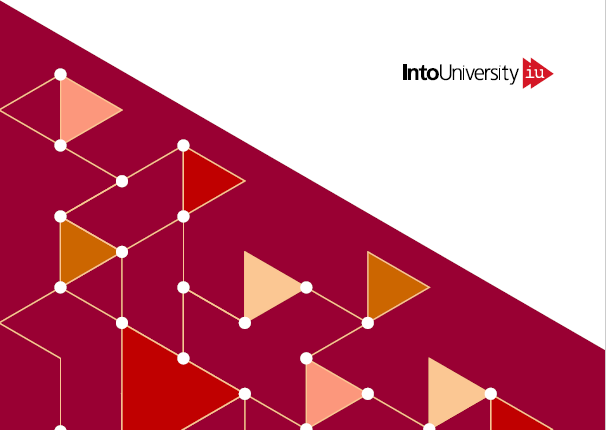
Our 2023 Impact Report explores the long-term effects of the pandemic on young people, as well as our latest progression data and impact on student attainment.
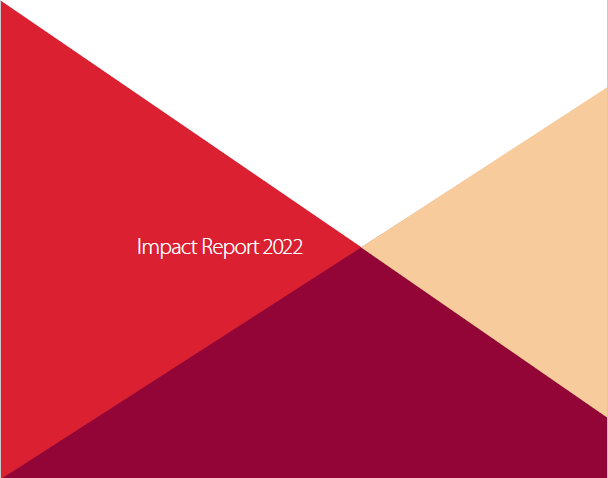
Our 2022 Impact Report explores
how we target our expansion to reach those young people most in need, as well as our latest progression data and impact on student attainment.
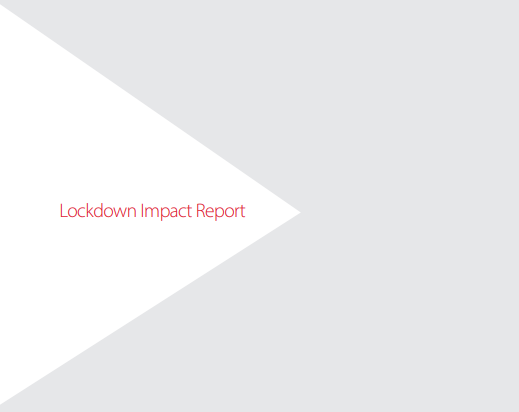
The COVID-19 crisis meant that IntoUniversity had to close our centres from March to September 2020, pausing all face-to-face support for our young people. However, our teams immediately offered bespoke remote support to our Academic Support students, many of whom have been attending our centres regularly over a period of years. Read more about the impact of that support in our Lockdown Impact Report here.
We commissioned FFT Education Datalab to undertake an evaluation of the impact of IntoUniversity's Academic Support programme on Key Stage 2 attainment outcomes, using the National Pupil Database (NPD). The evaluation used a quasi-experimental design, comparing the KS2 performance of IntoUniversity students to a matched comparison group of statistically similar students. The results showed a statistically significant improvement in KS2 maths attainment for high dosage students, equivalent to 3 months additional progress.
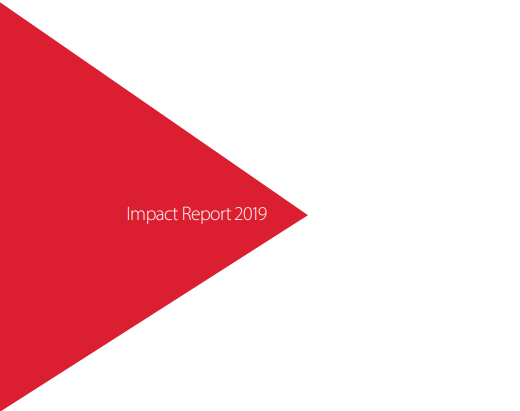
Our 2019 Impact Report explores why IntoUniversity’s falling progression rate is a good sign, as well as our independently assured 2019 progression data and impact on soft skills.
In 2019, IntoUniversity appointed PricewaterhouseCoopers LLP (PwC) to provide limited assurance for the university progression rate reported by IntoUniversity for 2019 school leavers.
In 2019, Renaisi, a social enterprise focused on research, produced a qualitative research report exploring the impact that IntoUniversity has on the attainment of the students we support. The research involved engaging with over 300 people across eight IntoUniversity centres, including young people, parents, teachers, IntoUniversity staff and volunteers, and other local stakeholders.
The research found that 'IntoUniversity delivers a holistic and supportive programme and can be confident that there are many ways in which this supports increased attainment.'
In 2018, OC&C Strategy Consultants produced a comprehensive report detailing how we should approach our future growth strategy. The analysis revealed over 3,000 schools across the UK which have students in need of IntoUniversity's support.
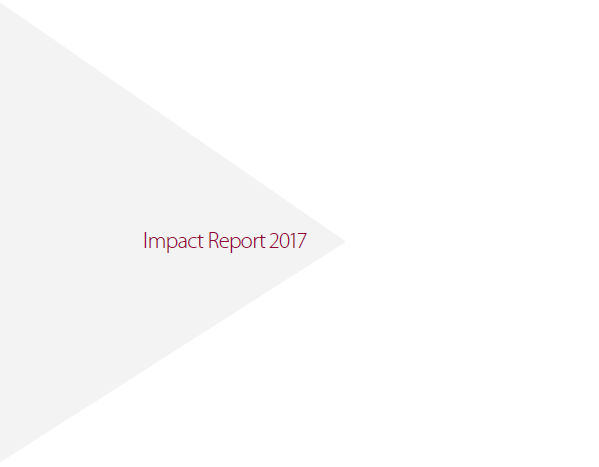
Our 2017 Impact Report shows IntoUniversity becoming a significant force for social change, now serving 25,000 young people in England each year, supporting educational success for young people who otherwise would never have had the opportunity for university study.
But the evidence assembled here not only shows that the charity is effective, but that it is cost-effective.
This analysis estimates the cost of supporting a young person from a disadvantaged background into Higher Education. While the average cost across the Widening Participation sector is estimated at £7,160, the comparable cost for IntoUniversity is £3,100. This suggests that IntoUniversity provides good value for money and is a cost-effective way of supporting FSM students into Higher Education.
We ran a three-year project working with Supplementary Schools across the country with funding from the Paul Hamlyn Foundation. The project was externally evaluated by the UCL Insititute of Education and was found to have 'had a significant impact on raising the aspirations of under-represented groups to progress to university'.
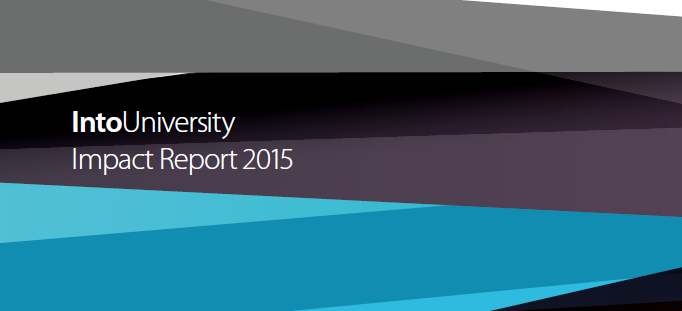
Our 2015 Impact Report has fuller details and analysis of the evidence for our impact that year, including the wider social and economic benefits of our work.
We believe that this report forms a powerful argument for the continuing expansion of IntoUniversity to meet the needs of young people from disadvantaged backgrounds.
In 2011, IntoUniversity published its first standalone impact report, summarising the evidence for the effectiveness of its programmes.
In 2010, IntoUniversity conducted a Social Return on Investment calculation to help understand the impact of its centres. The analysis estimated that IntoUniversity generates £4.20 of direct personal value to its beneficiaries for every £1 invested.
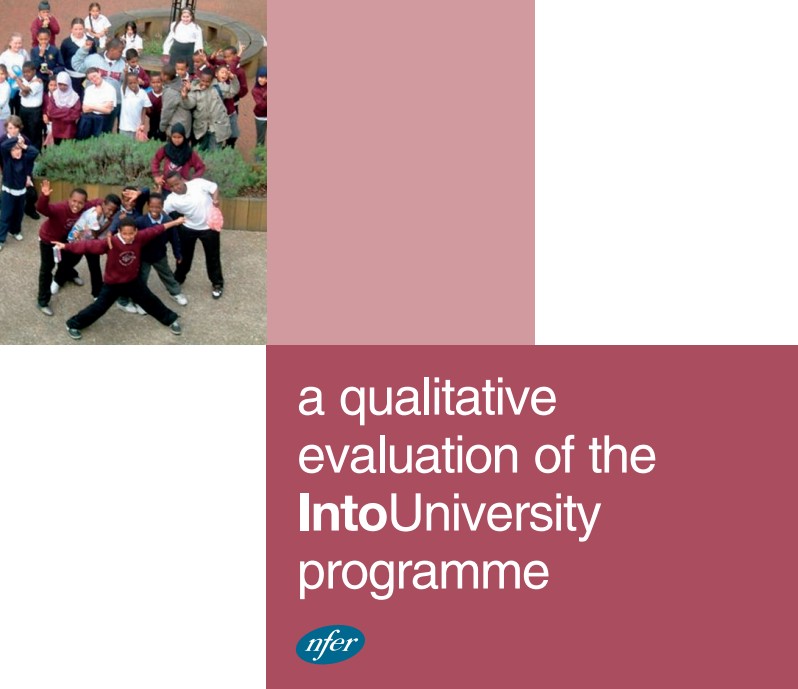
In 2007, The National Foundation for Educational Research (NFER) conducted a qualitative evaluation of the IntoUniversity programme. The report concluded: The IntoUniversity programme has a positive, transformational impact on children and young people in terms of their academic success, attitudes to learning and social skills; all of which are key elements of helping children and young people to aspire and achieve.